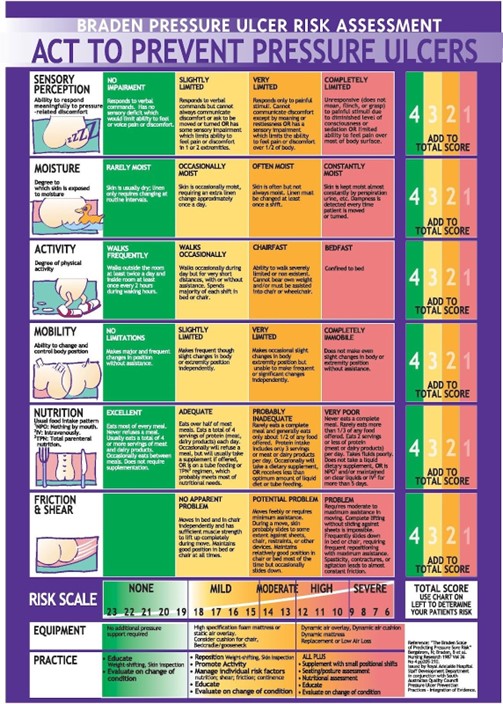A nurse is planning to provide discharge instructions to a client who does not speak the same language as the nurse. Which of the following actions should the nurse take?
Find an assistive personnel who speaks the client's language.
Ask a family member of the client to translate for the nurse.
Arrange for a video conference with an interpreter who speaks the client's language.
Speak to the client while indicating printed instructions in the client's language.
The Correct Answer is C
The nurse should arrange for a video conference with an interpreter who speaks the client's language to provide discharge instructions. This ensures that the client receives accurate and complete information in a language they understand. The other
a. Assistive personnel may not be trained or qualified to provide medical interpretation.
b. Family members may not have the necessary medical knowledge to accurately translate medical information.
d. Simply indicating printed instructions in the client's language may not be sufficient to ensure the client understands the information.
Nursing Test Bank
Naxlex Comprehensive Predictor Exams
Related Questions
Correct Answer is C
Explanation
Tightening the abdominal muscles prior to moving helps to stabilize the spine and prevent back strain. This is an important technique for caregivers to use when assisting a client who is immobile and requires repositioning in bed.
a. Twisting at the waist while pulling the draw sheet can cause strain on the back muscles and should be avoided.
b. Keeping the legs straight does not provide more power in the lift and can also cause strain on the back muscles.
d. Placing the bed in the lowest position does not necessarily prevent back strain and is not related to the proper technique for repositioning a client in bed.
Correct Answer is C
Explanation
The Braden scale measures six elements: sensory perception, moisture, activity, mobility, nutrition, and friction/shear. Each element has a range of one to four points, with a total possible score of 23 points. The lower the score, the higher the risk for pressure injury.
Option a is incorrect because each element has a range from one to four points.
Option b is incorrect because the lower the score, the higher the pressure injury risk.
Option d is incorrect because the client's age is not part of the measurement.

Whether you are a student looking to ace your exams or a practicing nurse seeking to enhance your expertise , our nursing education contents will empower you with the confidence and competence to make a difference in the lives of patients and become a respected leader in the healthcare field.
Visit Naxlex, invest in your future and unlock endless possibilities with our unparalleled nursing education contents today
Report Wrong Answer on the Current Question
Do you disagree with the answer? If yes, what is your expected answer? Explain.
Kindly be descriptive with the issue you are facing.
